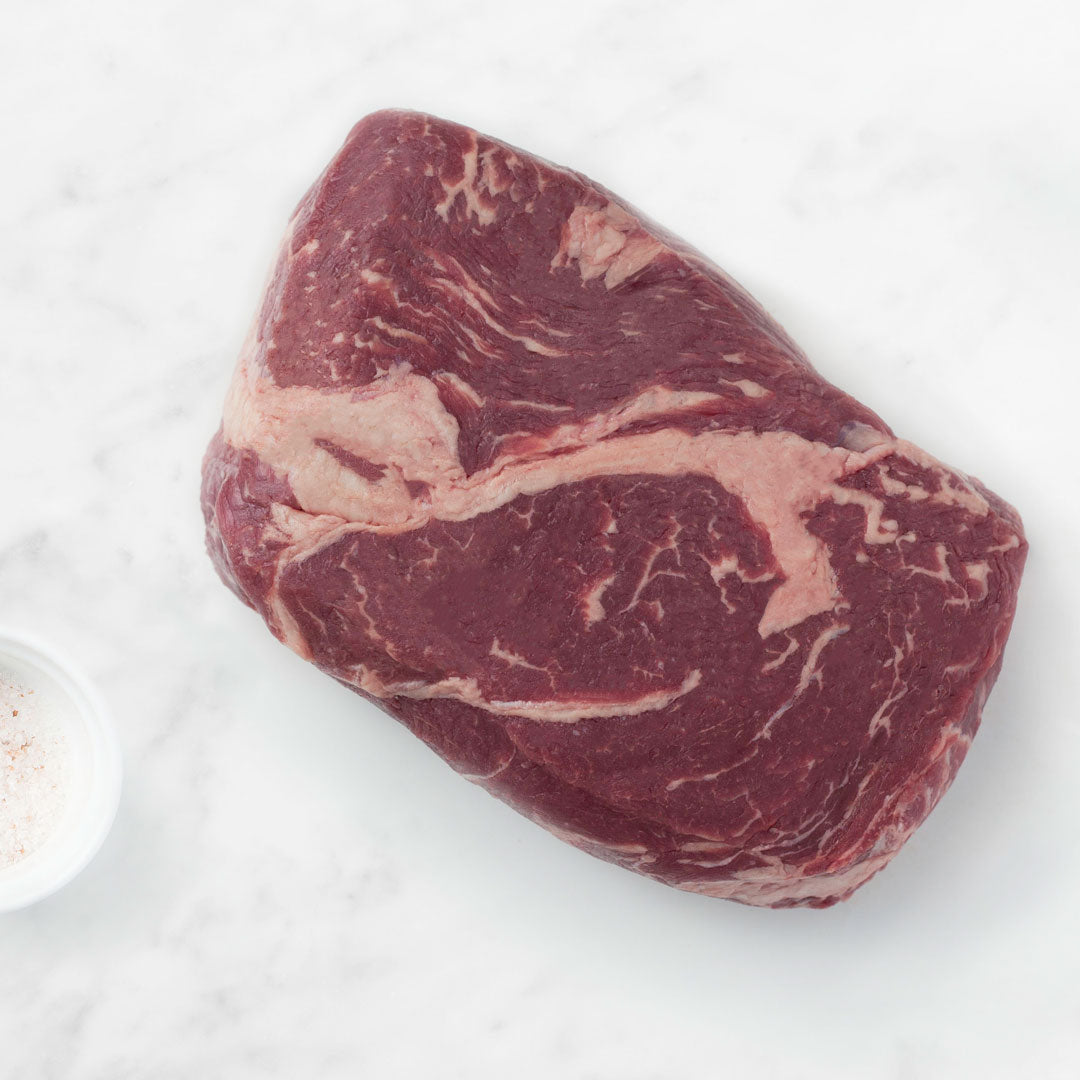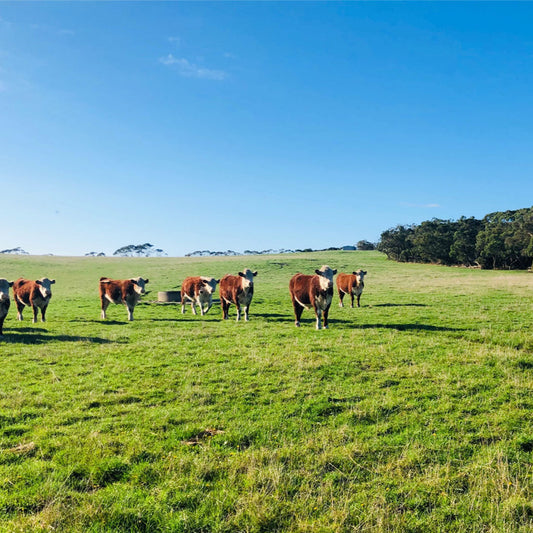
Is The Future of Beef Real or Alternative?
Is The Future of Beef Animal-Based or Technology-Based?
Beyond Meat, makers of plant-based meats, have secured $72 million in funding, including contributions by Richard Branson and Bill Gates.
Memphis Meats, a startup that grows meat from cells, received $17 Million in funding in 2017.
Impossible Foods, makers of plant-based meats, wants to end animal-based food production by 2035.
Some say meat without livestock is imminent. That cultured beef grown from cells or by engineering plants is a more efficient means of protein production with less greenhouse gas emissions and less guilt. Yet, consumers remain skeptical of inserting technology into the foods they eat: an ABCNEWS poll in June 2018 found that a majority of Americans believe genetically modified foods are unsafe. So, what does it all mean for the future of meat?

Can Pre beef meet the demands of a meat alternative-buying public?
Sustainability & Global ImpactMuch of the meat alternative-buying public is concerned about animal welfare, the environment and feeding a growing world population. According to the U.N., we will have an additional 2 billion people to feed in the world by 2050. There is an ongoing, highly polarized debate on how to feed all of these people, with livestock production on one side and alternative food systems on the other.
We must blend the best solutions to address this challenge while respecting animals and our environment. We need a sustainable, resilient food system that provides people with both choice and nutritious options. Pre will fit into this solution. The pasture-raised cattle we source eat grasses that are inedible for humans and frequently graze on land unsuitable for growing crops. Pre’s cattle contribute to biodiversity in farming and soil health while providing natural fertilizer (manure) for other agricultural products.
As a global population, we can cut back on our overall beef consumption while selectively enjoying grass-fed, finished, pasture-raised, and humanely treated beef like Pre.
NutritionFrom a nutrition perspective, there is a strong movement from health professionals encouraging people to eat less red meat. As in any science, it’s important to dig a little deeper to capture the full story.
Overall, Americans should eat more fruits and vegetables. But plant-based doesn’t necessarily mean only plants. Animal protein sources provide essential nutrients. There is evidence to support that lean animal-based proteins can be part of a very healthy lifelong eating pattern. What that means is that a meat alternative-buying public can enjoy meat alternatives as well as nutritious real meat. And it turns out they do – the majority of meat alternative buying consumers are in fact also meat eaters.
It’s also important to note that general nutrition wisdom includes choosing less processed foods. Most meat imitating products, in order to strike anywhere close to the taste, texture, mouthfeel and overall meat eating experience, must combine lots of ingredients, including some that many might not consider “natural.” A product like beef includes only one real, straight-from-nature ingredient: beef.

Whether Pre can meet the demands of people buying meat alternatives depends on why they’re buying those meat alternatives in the first place.
At Pre, we know our beef is the very best animal protein option available. That’s taking into account the whole package – the eating experience, certainly, but also the nutrition, consistency and ease of use in the kitchen. If someone is buying meat alternatives because they find the “animal” part of “animal protein” unacceptable, then we won’t meet their demands. But if it’s another reason, we will.


